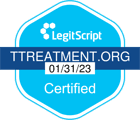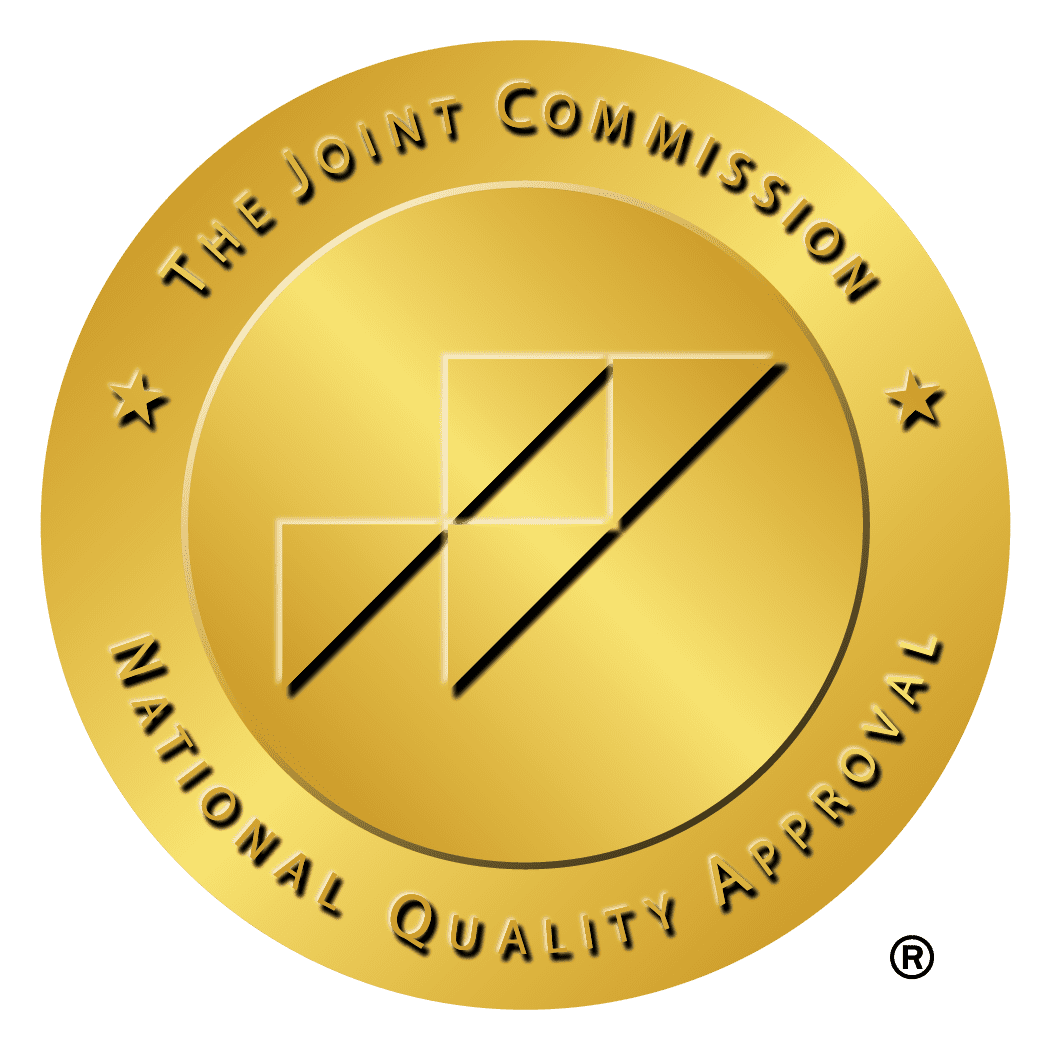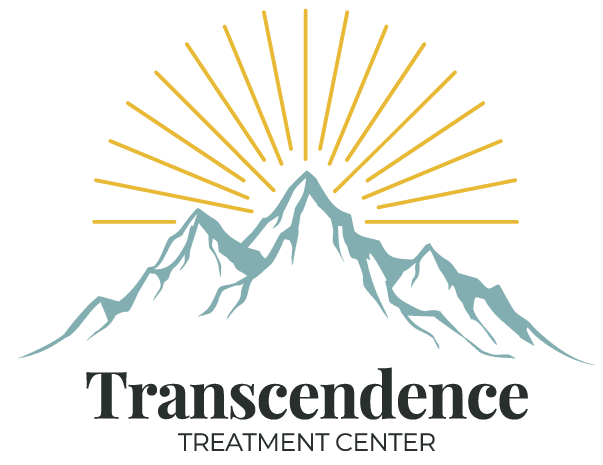PTSD is no easy burden to carry. We’ve discussed how PTSD is particularly harmful to the mind and can be brought on by various factors ranging from military combat, childhood trauma, sexual assault, etcetera. Traumatic events that may have led to the diagnosis of PTSD do not have to be your burden to suffer without solutions though. We at Transcendence Treatment Center want to give you an overview of what living a sober lifestyle with PTSD could look like in order to help you combat life with PTSD and/or substance issues.
What is PTSD?
To clarify a bit more and create some context, PTSD, or Post-Traumatic Stress Disorder is a psychiatric disorder that can occur in people who have experienced or witnessed a traumatic event. These traumatic events can differ quite a bit ranging from war, death, sexual assault, serious accidents, etcetera. The DSM-5, a diagnostic tool for labeling disorders related to mental health, diagnoses PTSD with criteria from a variety of categories.
Criterion A: Stressor
(one required)
The person was exposed to death, threatened death, actual or threatened serious injury, or actual or threatened sexual violence, in the following way(s):
- Direct exposure
- Witnessing the trauma
- Learning that a relative or close friend was exposed to a trauma
- Indirect exposure to aversive details of the trauma, usually in the course of professional duties (e.g., first responders, medics)
Criterion B: Intrusion Symptoms
(one required)
The traumatic event is persistently re-experienced in the following way(s):
- Unwanted upsetting memories
- Nightmares
- Flashbacks
- Emotional distress after exposure to traumatic reminders
- Physical reactivity after exposure to traumatic reminders
Criterion C: Avoidance
(one required)
Avoidance of trauma-related stimuli after the trauma, in the following way(s):
- Trauma-related thoughts or feelings
- Trauma-related external reminders
Criterion D: Negative Alterations in Cognitions and Mood
(two required)
Negative thoughts or feelings that began or worsened after the trauma, in the following way(s):
- Inability to recall key features of the trauma
- Overly negative thoughts and assumptions about oneself or the world
- Exaggerated blame of self or others for causing the trauma
- Negative affect
- Decreased interest in activities
- Feeling isolated
- Difficulty experiencing positive affect
Criterion E: Alterations in Arousal and Reactivity
Trauma-related arousal and reactivity that began or worsened after the trauma, in the following way(s):
- Irritability or aggression
- Risky or destructive behavior
- Hypervigilance
- Heightened startle reaction
- Difficulty concentrating
- Difficulty sleeping
Criterion F: Duration
(required)
Symptoms last for more than 1 month.
Criterion G: Functional Significance
(required)
Symptoms create distress or functional impairment (e.g., social, or occupational).
Criterion H: Exclusion
(required)
Symptoms are not due to medication, substance use, or other illness.
If you believe you fit the description and criteria for PTSD, you may consider seeking professional help in order to better understand your circumstances and work to make your life better despite PTSD.
How Does PTSD Develop?
PTSD develops in response to traumatic events. It’s been suggested that every 1 in 3 people who experience traumatic events will develop PTSD, and individuals who have previously suffered from anxiety or depression may be more susceptible to a PTSD diagnosis. Since PTSD may significantly impact your day-to-day, it may be surprising to hear that PTSD actually develops as a survival mechanism. Reminders of the traumatic event would allow you to be more prepared for a similar situation in the future, yet this “preparation” comes at the cost of your present peace.
This constant fight or flight feeling is abnormal for the average person, and feeling alert 24/7 can leave individuals feeling drained all the time since this alertness uses so much energy. PTSD can change the way your brain functions, particularly the hippocampus which regulates emotions. When the hippocampus cannot regulate emotions properly, you may feel out of control of your emotions because you are, yet you deserve peace from this feeling of not being in control.
Impact of PTSD on Alcohol and Drug Usage
Since alcohol and drugs can slow down your body’s processing systems, there is a significant correlation between PTSD and alcohol/drug abuse. Alcohol and drugs may offer momentary relief from the constant anxiety of living with PTSD. Since these substances can act as depressants, this relief may feel significant, yet ultimately leads to increased problems down the road as dependence forms and brain chemistry becomes altered.
How closely are the two issues linked? Up to 75% of people who have survived abuse or violent traumatic events report drinking problems. Women who have PTSD at some point in their lives are 2.5x more likely to also have alcohol abuse or dependence than women who never have PTSD. Likewise, men are 2x more likely to have alcohol problems if they have PTSD compared to men who have never had PTSD.
Getting Help/Treatment
PTSD and/or substance abuse issues are not problems you need to tackle alone. There is great admiration for seeking treatment to take back control of your life. We at Transcendence Treatment Center are always here to offer ourselves as a resource, offering various forms of therapies and healing to find an individualized solution that works for you. If you are not located in the Charleston, South Carolina area, there are so many helpful resources to connect you to a good therapist or rehabilitation facility such as Psychology Today’s therapist finder.
How to Manage PTSD Symptoms Without Drugs or Alcohol
Managing PTSD symptoms without substances is not always easy, but it’s about taking things one day at a time. Finding stress management solutions is imperative to healing. This lengthy process often requires trial and error to see what sticks. Some ideas include:
- Mindfulness
- Taking up a new hobby
- Prioritizing health and wellness in terms of food and physical fitness
- Baking
- Yoga
- Meditation
- Peaceful activities like painting
- Gardening
- Reducing stress triggers
- Counseling
- Getting a sponsor
- Organizing your space/ surroundings
- Volunteer work
Cognitive Behavioral Therapy
Cognitive Behavioral Therapy (CBT) is often used along with an individualized treatment plan as a means to help individuals identify self-defeating thoughts and behaviors which may often drive addiction. This form of therapy can help people who are suffering explore patterns of harmful thought and replace them with helpful thought patterns in order to live a less stressful life.
Developing Safety & Getting Support
Safety is one of the most important aspects of healing, which is often done with the support of others by your side. As previously mentioned, it is incredibly admirable to notice when aspects of your life are not up to par with your expectations for yourself, and seeking help is a brave thing to do. When you work with us at Transcendence Treatment Center, we work with you one-on-one to achieve your goals in a way that works best for you. Not every solution works the same way for the same people, which is why we want to prioritize what is preferable to you. We also know that support makes a world of difference, which is why we often encourage peers and family members to be a part of your healing process since they can often relate to us on a level many cannot. Help receive support today by taking the first step and calling us at 854-222-3773.



